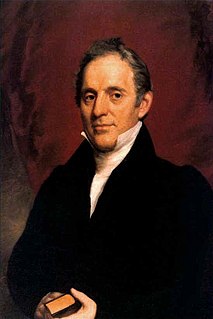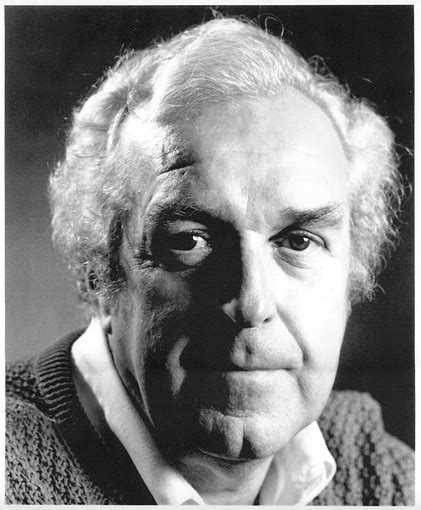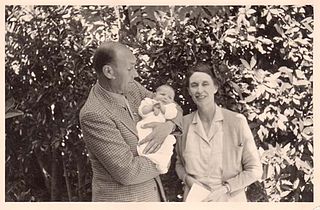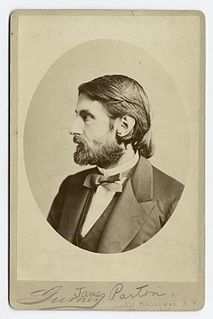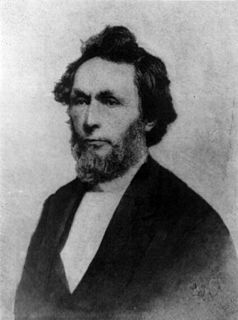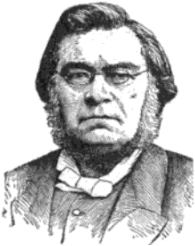A Quote by Oscar Romero
The church would betray its own love for God and its fidelity to the gospel if it stopped being . . . a defender of the rights of the poor . . . a humanizer of every legitimate struggle to achieve a more just society . . . that prepares the way for the true reign of God in history.
Related Quotes
Discipleship is rooted in a deep belief in the universal reign of God through Christ. To be a disciple is to acknowledge that reign and to embrace the lifelong journey of submitting more and more of every aspect of your life to His good, just, and peaceable reign, as well as alerting others to God's kingship by both word and deed.
The inflections of community are important because they get at the very meanings of marriage. Marriage is a gift God gives the church. He does not simply give it to the married people of the church, but to the whole church, just as marriage is designed not only for the benefit of the married couple. It is designed to tell a story to the entire church, a story about God’s own love and fidelity to us
Every institution places its ultimate weight on preserving its own life. That is why the Church emphasizes loving God over loving one's neighbor.... The push for justice on the other hand might be at the center of the Gospel but it also attacks the balance of power in the society. Since the rich always exploit the poor, to give the poor power, dignity and humanity makes them less pliable, less cooperative.
Christ did not die to forgive sinners who go on treasuring anything above seeing and savoring God. And people who would be happy in heaven if Christ were not there, will not be there. The gospel is not a way to get people to heaven; it is a way to get people to God. It's a way of overcoming every obstacle to everlasting joy in God. If we don't want God above all things, we have not been converted by the gospel.
What if one of the core elements of a radical Christianity lay in a demand that we betray it, while the ultimate act of affirming God required the forsaking of God? And what if fidelity to the Judeo-Christian scriptures demanded their renunciation? In short, what if the only way of finding faith involved betraying it with a kiss?
Those who surrender to the service of the poor through love of Christ, will live like the grains of wheat that dies. It only apparently dies. If it were not to die, it would remain a solitary grain. The harvest comes because of the grain that dies. We know that every effort to improve society, above all when society is so full of injustice and sin, is an effort that God blesses; that God wants; that God demands of us.
If we all gave all our goods to the poor, the church would fall apart. If we all hated our father and mother, as Jesus told us to, there'd be an end of the church's emphasis on the family as being the one important thing holding the whole society together. There are all sorts of ways in which the church's teachings contradict directly what Jesus says in the Gospel.
When the people of God abandoned the covenant of love and fidelity, drawn as we are by the appeal of shallow, empty pleasures, God removed every possible obstruction to the covenant by being faithful for us, by becoming like us and subjecting Himself to the very worst within us, loving us all the way to the cross and all the way out of the grave.
God’s love sets us free from the need to seek approval. Knowing that we are loved by God, accepted by God, approved by God, and that we are new creations in Christ empowers us to reject self-rejection and embrace a healthy self-love. Being secure in God’s love for us, our love for Him, and our love for ourselves, prepares us to fulfill the second greatest commandment: To love our neighbor as ourselves.
Another hallmark of Christianity is that salvation is not individualistic-it's not something one person receives for himself or herself. Salvation is the reign of God. It is a political alternative to the way the world is constituted. That's a very important part of the story that has been lost to accounts of salvation that are centered in the individual. But without an understanding that salvation is the reign of God, the need for the church to mediate salvation makes no sense at all.
We think we have to prove our allegiance to God by being poor. Many years ago, my own psychic development teacher taught me that to be on a spiritual path meant that you needed to be poor, because that was proving your allegiance to God. So growing up with that kind of teaching from her was a real struggle for me, also.
I just want to encourage every one of us to realize when we obey God, we’re not doing it for God—I mean, that’s one way to look at it—we’re doing it for ourselves, because God takes pleasure when we’re happy. That’s the thing that gives Him the greatest joy. So, I want you to know this morning: Just do good for your own self. Do good because God wants you to be happy. When you come to church, when you worship Him, you’re not doing it for God really. You’re doing it for yourself, because that’s what makes God happy. Amen?















